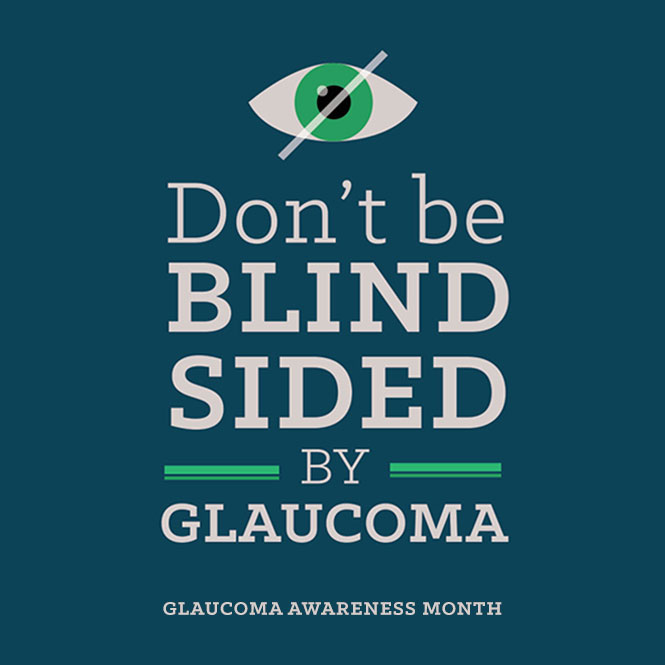January is Glaucoma Awareness Month, a time dedicated to educating people about a condition that can silently steal your sight. Glaucoma is a group of eye diseases that damage the optic nerve, often without any early symptoms. It’s like a thief in the night, gradually taking away your vision without you noticing until it’s too late.
What is Glaucoma?
According to NIH, Glaucoma is primarily caused by high pressure in the eye, known as intraocular pressure. This pressure damages the optic nerve, which is crucial for transmitting visual information from your eyes to your brain. If left untreated, glaucoma can lead to permanent vision loss or even blindness.
There are two main types of glaucoma:
1. Open-Angle Glaucoma: This is the most common form. It develops slowly and painlessly, often going unnoticed until significant vision loss occurs.
2. Angle-Closure Glaucoma: This type is less common but more severe. It can develop suddenly and is accompanied by pain and rapid vision loss.
Who is at Risk?
Glaucoma can affect anyone, but some people are at higher risk, including:
- People Over 60: The risk increases with age.
- African Americans: They are more likely to develop glaucoma at an earlier age.
- Family History: If glaucoma runs in your family, your risk is higher.
- Certain Medical Conditions: Conditions like diabetes, high blood pressure, and heart disease can increase your risk.
Why is Early Detection Important?
The scariest thing about glaucoma is that it often shows no symptoms until significant damage has occurred. This is why early detection through regular eye exams is crucial. The earlier glaucoma is caught, the better the chances of preserving your vision.
How Can You Protect Your Eyes?
- Regular Eye Exams: The best way to catch glaucoma early is through comprehensive eye exams. Adults should get their eyes checked at least every two years, and more frequently if they are at higher risk.
- Know Your Family History: If glaucoma runs in your family, let your eye doctor know. They might recommend more frequent screenings.
- Healthy Lifestyle: Regular exercise and a balanced diet can help maintain overall eye health. Controlling conditions like diabetes and high blood pressure also reduces your risk.
- Protect Your Eyes: Wear protective eyewear when engaging in activities that could harm your eyes.
Spreading Awareness
During Glaucoma Awareness Month, take the opportunity to talk to your friends and family about the importance of regular eye exams. Share information on social media, and consider supporting organizations that fund glaucoma research and education.
By spreading awareness, you can help others take the steps necessary to protect their vision. Remember, knowledge and early detection are key in the fight against glaucoma.
Conclusion
Glaucoma might be a silent threat, but with awareness and regular eye care, it doesn’t have to rob anyone of their sight. This January, let’s make a commitment to our eye health and encourage others to do the same. Your vision is precious—don’t let glaucoma take it away.
Top image used under CC0 Public Domain license. Image cropped and modified from original.
The content on this blog is not intended to be a substitute for professional medical advice, diagnosis, or treatment. Always seek the advice of qualified health providers with questions you may have regarding medical conditions.

